Sizonil 5 | Tablet | 10 pcs
৳ 35.00
Brand Name: Sizonil Tablet
Generic: Trifluoperazine
5 mg
Healthcare Pharmaceuticals Ltd.
Unit Price: ৳ 3.50 (10 x 10: ৳ 350.00)
Indications
Therapeutic Class
Pharmacology
Dosage & Administration
Schizophrenia and other psychoses:
- Adults and child over 12 years: Recommended starting dose is 2-5 mg b.i.d, increased by 5 mg daily after 1 week then at interval of 3 days, according to response.
- Children (6-12 years): Dosage should be adjusted to the weight of the child and severity of the symptoms. The starting dosage is 1 mg b.i.d. Dosage may be increased gradually until symptoms are controlled or until side effects become troublesome. While it is usually not necessary to exceed dosages of 15 mg daily.
- Elderly: Reduce initial dose by at least half
Short-term management of severe anxiety:
- Adult and child over 12 years: 1-2 mg b.i.d, increased if necessary to 6 mg daily.
- Child (3-5 years): 1 mg daily
- Child (6-12 years): Up to 4 mg daily in divided dose.
- Elderly: Reduce initial dose by at least half
Antiemetic:
- Adult: 2-4 mg daily in divided doses; max. 6 mg daily;
- Child 3-5 years: up to 1 mg daily, 6-12 years up to 4 mg daily.
Interaction
Contraindications
Side Effects
Pregnancy & Lactation
Pregnancy: Safety for the use of trifluoperazine during pregnancy has not been established. Therefore, it is not recommended that the drug be given to pregnant patients except when, in the judgement of the physician, it is essential. The potential benefits should clearly outweigh possible hazards. There are reported instances of prolonged jaundices, extrapyramidal signs, hyperreflexia or hypoflexia in newborn infants whose mother received phenothiazines.
Lactation: Adequate human data are not available in case of lactation.
Precautions & Warnings
Overdose Effects
Storage Conditions
| Generic Name | Trifluoperazine |
|---|---|
| Tablet | 5 mg |
Only logged in customers who have purchased this product may leave a review.



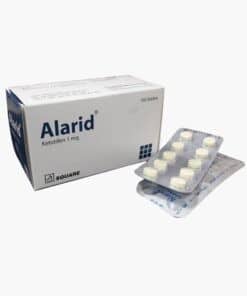
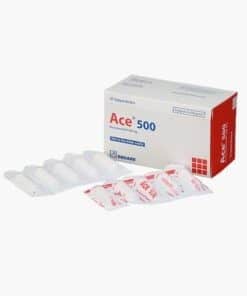
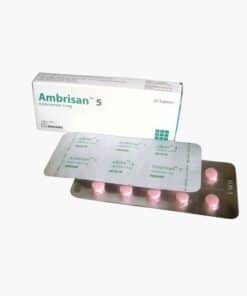
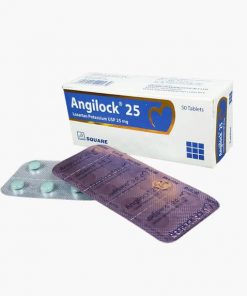
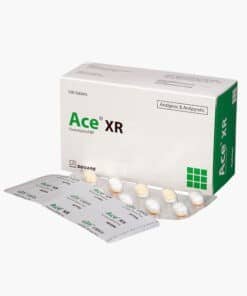

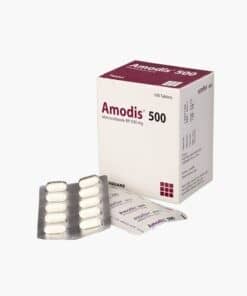
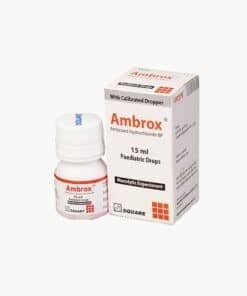
Reviews
There are no reviews yet.